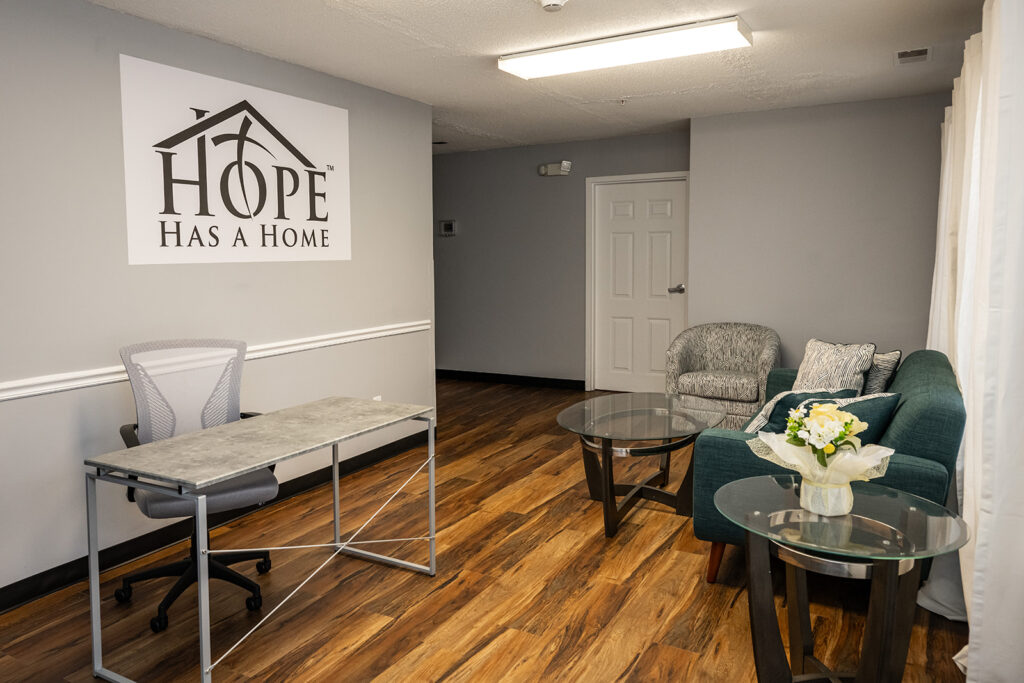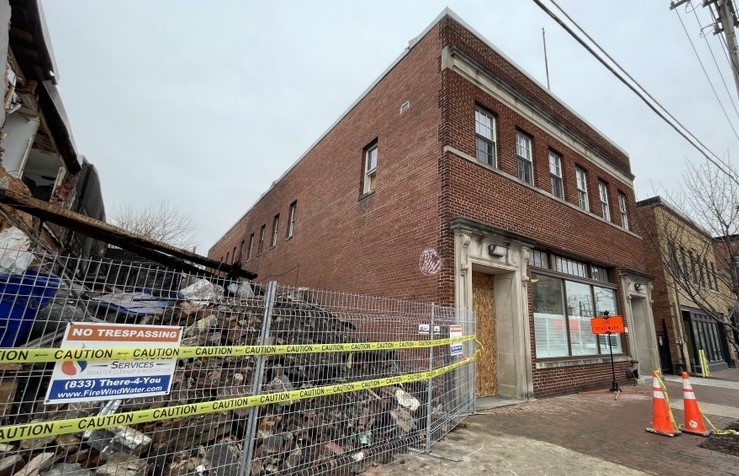Unity Health Care (UHC) physicians and advanced practice providers, represented by the Union of American Physicians and Dentists, have begun contract negotiations with UHC after unionizing five months ago.
Unity Health Care was founded in 1985 as the Health Care for the Homeless Project. It initially provided primary care to families and individuals experiencing homelessness. Now, it is one of two federally qualified health centers in D.C. providing services to residents in underserved communities through its 20 locations — which include homeless shelters, schools, and the D.C. Jail.
About 85% of Unity’s medical providers voted to unionize in November 2023, citing safety and workload concerns. Through negotiations in the coming months, providers hope to establish protections to improve workplace conditions and better serve patients.
Unity providers, some of whom spoke anonymously for fear of retaliation, report being forced to prioritize the number of patients they saw over the quality of care they provided. They said this inevitably led to burnout and high turnover rates.
Jimmy Tracy, a family nurse practitioner, said a new practice of filling no-show slots with more patients created additional stressors for staff already pushed to the limits from pandemic care. In 2021, UHC changed the time providers were allowed to spend with patients, to ostensibly improve care. But employees said increasing it from 15 to 20 minutes was still insufficient to account for a patient’s complex medical history or trauma.
“We’re all working on the razor’s edge to begin with, especially after the pandemic,” said Tracy. “We just don’t feel we’ve been given the tools we need to make this a reasonable job.”
Several providers also described safety concerns at community clinics. At the Columbia Road Health Services location, two providers said that instead of installing or repairing a fire alarm, UHC hired people to watch for fires and evacuate the building if needed.
At the D.C. Jail, UHC providers said they often felt unsafe while seeing high quantities of patients without corrections officers present. On top of high caseloads, providers felt forced to choose between personal safety and providing care to patients in need.
Others explained the organization experienced high levels of turnover as a devastating cycle: overworked staff feel the need to meet the high-visits-per-hour targets set by UHC; and when they leave, providers said their workload remains despite the loss in personnel. When staff unionized in 2023, UCH had 18 unfilled provider positions.
So far, union negotiators met once with the team representing UHC on March 13 to outline priorities like workplace safety. According to Tracy, they hope to meet more regularly as the summer begins.
Steve Kaufman — the lead negotiator with the Union of American Physicians and Dentists — is wary of setting a deadline for when workers could expect a final agreement with UHC.
“I’m hopeful that everyone can have productive, good faith negotiations that will get us to agreement in the relative near future,” Kaufman said. “But how long it takes, I don’t even want to guess.”
When reached for comment on union negotiations, a UHC spokesperson responded with a statement by email: “Unity recognizes the important role that our providers play in caring for our patients and looks forward to working collaboratively to support our commitment to the mission of reaching people wherever they are to promote compassionate, comprehensive, high-quality health care that is accessible to all and advances health equity in Washington, D.C.”
All four providers that spoke with Street Sense emphasized that their primary goal in contract negotiations is improving the quality of care for patients and workplace conditions, not a bigger paycheck
We want the clinic to be the kind of place where people can and want to stay,” Tracy said. “I feel optimistic that we can work together to make it a better place.”








